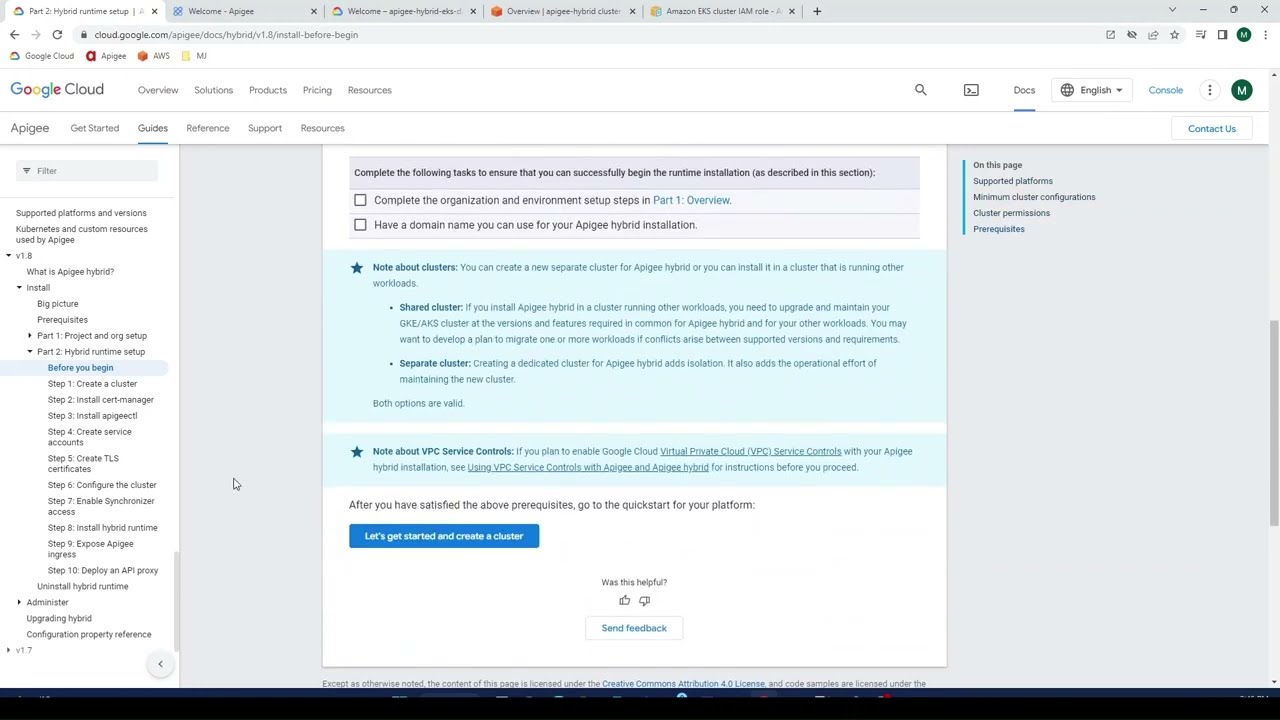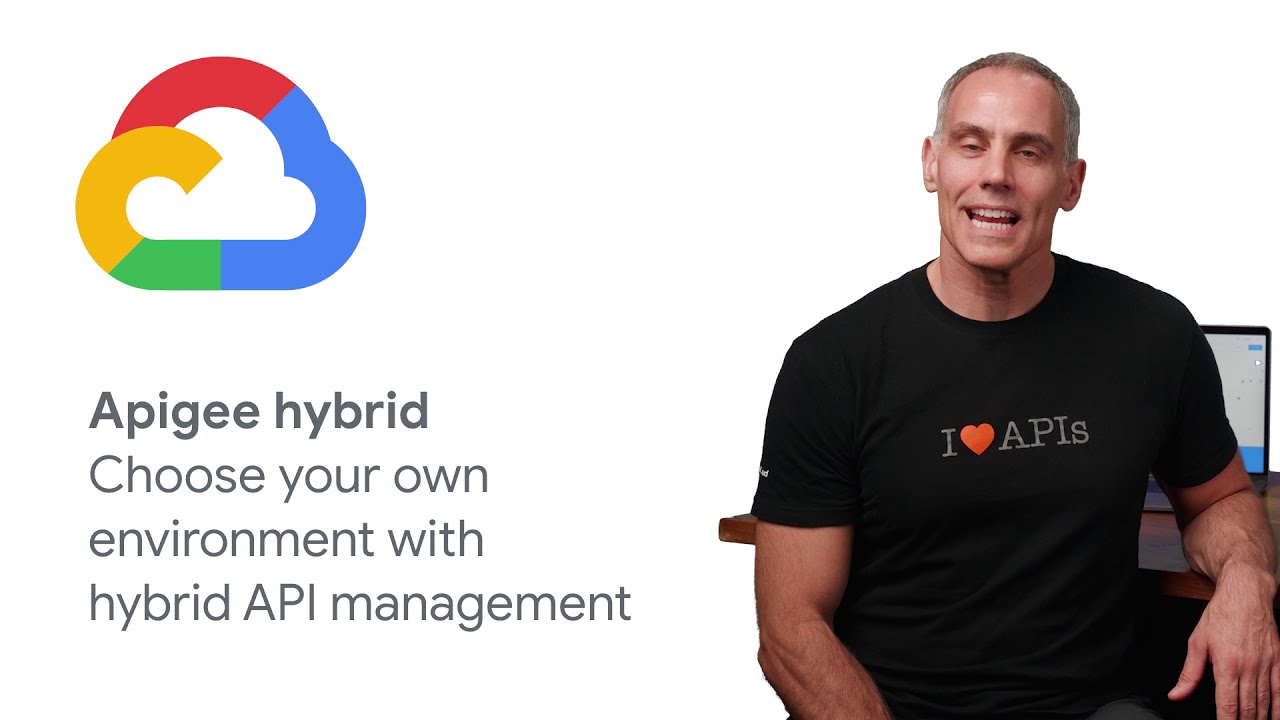
In the world of information technology, APIs (Application Programming Interfaces) have become an essential component in modern application development. As businesses and enterprises continue to adopt digital transformation strategies, APIs have become a vital tool to enable their digital success. API management platforms like Apigee provide businesses with the necessary tools to manage and secure their APIs effectively. Apigee hybrid architecture is one such platform that provides a seamless integration between cloud and on-premise deployment models. In this article, we will take a deep dive into Apigee hybrid architecture, its benefits, and how to implement it.

Apigee hybrid architecture is a deployment model that combines the advantages of both cloud and on-premise deployment. The hybrid architecture enables organizations to run their API management platform in their data centers while taking advantage of the scalability, security, and flexibility of the cloud. With Apigee hybrid architecture, businesses can deploy the runtime components of the Apigee platform on-premises while leveraging the cloud infrastructure for other components such as developer portal, analytics, and management plane.

Apigee hybrid architecture works by distributing the different components of the API management platform across on-premise and cloud infrastructures. The on-premise deployment includes the Apigee Edge runtime components such as Message Processor, Router, and QPID. The cloud deployment includes the Developer Portal, Analytics, and Management Plane. The integration of these two deployments is done through Apigee’s Cloud Services component, which provides connectivity between the on-premise and cloud components.

Like any other technology solution, Apigee hybrid architecture has its pros and cons.

Implementing Apigee hybrid architecture requires careful planning and execution. Here are the steps involved in implementing Apigee hybrid architecture:
While Apigee hybrid architecture is a powerful solution for managing APIs, there are alternatives available. Some of the popular alternatives to Apigee hybrid architecture include:
Apigee hybrid architecture is a deployment model that combines the advantages of both cloud and on-premise deployment.
Apigee hybrid architecture works by distributing the different components of the API management platform across on-premise and cloud infrastructures.
The benefits of using Apigee hybrid architecture include scalability, security, and flexibility.
The cons of using Apigee hybrid architecture include complexity and cost.
Some popular alternatives to Apigee hybrid architecture include AWS API Gateway, MuleSoft Anypoint Platform, and IBM API Connect.
API management platforms have become an essential component in modern application development. Apigee hybrid architecture is a powerful solution for managing APIs that combines the benefits of both cloud and on-premise deployment models. With Apigee hybrid architecture, businesses can maintain control over their sensitive data while leveraging the flexibility and scalability of the cloud. However, implementing Apigee hybrid architecture requires careful planning and execution, and there are alternatives available for businesses that may not require such a complex solution.
In conclusion, Apigee hybrid architecture is a robust technology solution that enables businesses to manage and secure their APIs effectively. With its scalability, security, and flexibility, Apigee hybrid architecture provides businesses with the necessary tools to succeed in today’s digital landscape.